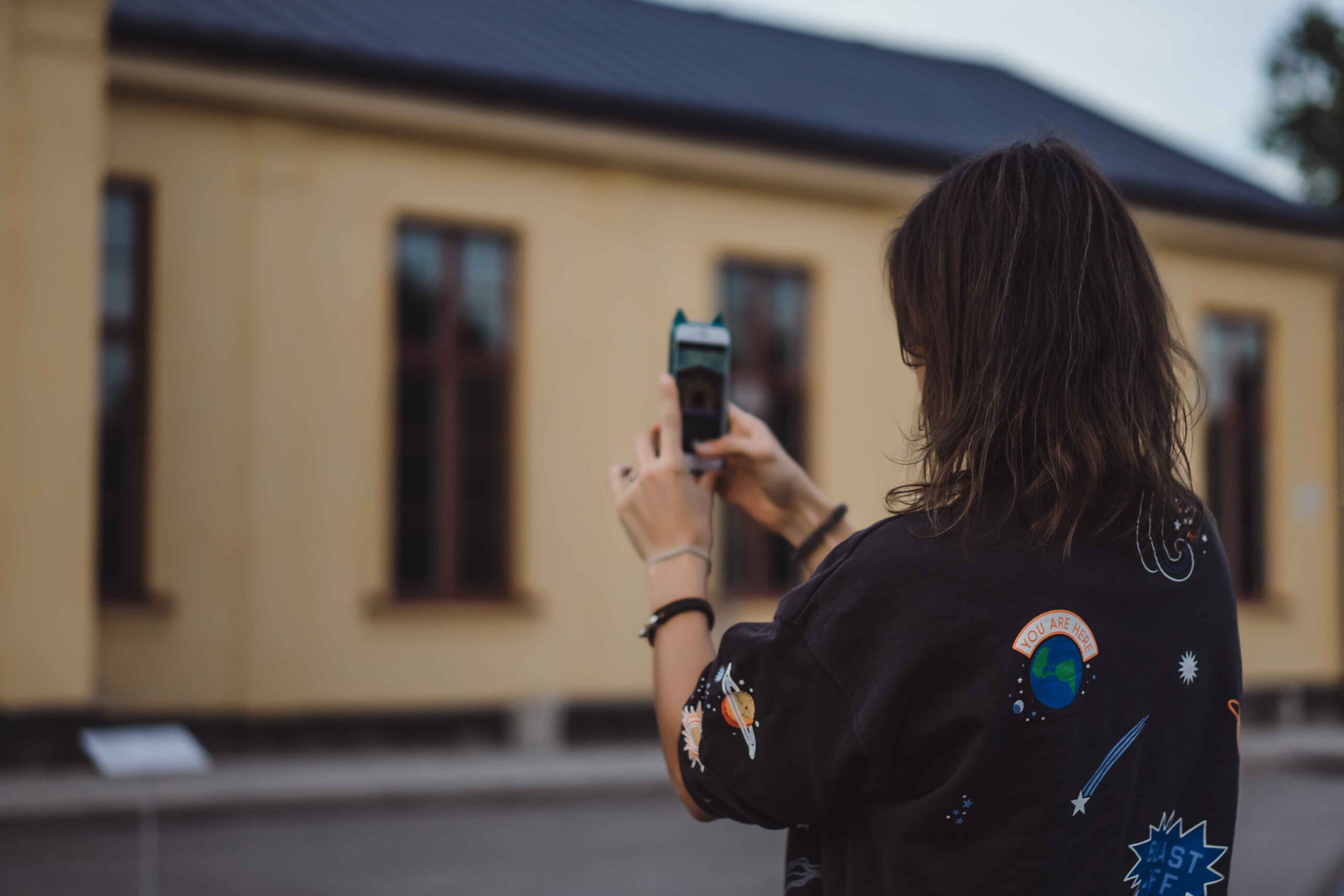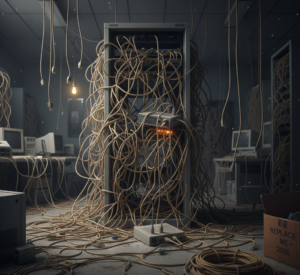Security cameras are the best and smartest digital protectors of the 21st century. We need them now more than ever. From front porches to backyard fences, homeowners and property managers are increasingly using surveillance to keep an eye on their properties. But when it comes to rental properties, things get a little tricky and complicated. A serious question arises: can a landlord put cameras outside the house? And more importantly, what does the law say about it?
Let’s break down the legal, ethical, and practical aspects of installing landlord security cameras, so both property owners and tenants can feel respected and safe.
Landlords Have the Right—But With Limits
First, long story short: Yes, a landlord can install security cameras outside the house—but they must respect privacy boundaries. Outdoor cameras are typically installed to monitor common areas such as parking lots, driveways, walkways, and entrances. These are generally considered public or semi-public zones, where there’s no “reasonable expectation of privacy”.
Landlord security cameras are allowed to monitor these areas to prevent break-ins, illegal dumping, trespassing, or vandalism. But—and here pay attention—they can’t be used in ways that invade a tenant’s personal space.
What About Cameras Inside the Rental?
Security is one thing, snooping or intruding is another. This is where the law draws a hard line. Placing surveillance cameras in rental property interiors—such as bedrooms, bathrooms, or inside the tenant’s unit—is not only discouraged, it’s outright illegal in many jurisdictions. According to privacy laws, tenants have the right to enjoy “quiet possession” of the property, which includes freedom from invasive surveillance.
Courts have consistently ruled that CCTV inside the house violates privacy rights. For instance, in a well-known Australian case, a landlord was sentenced to 18 months in jail for secretly recording tenants using hidden cameras in their apartments. So, unless it’s a common area outside the rental unit, cameras should stay away.
The Purpose of Outdoor Surveillance
Why do landlords install cameras outside in the first place? The reasons are often valid. Outdoor security cameras for landlords serve a range of purposes, including:
- Preventing theft or vandalism: Vacant units or short-term rentals are often prime targets.
- Protecting communal spaces: Cameras at building entrances help monitor deliveries or unauthorized visitors.
- Property protection: Cameras can discourage misuse of parking areas, laundry rooms, or backyards.
In fact, one article claims that homes with security cameras are 300% less likely to be burglarized.
Where Can Landlords Legally Place Cameras?
The keyword here is ‘common areas’. Here’s a quick list of places where landlord security camera installation is typically allowed:
- Building entrances and exits
- Hallways and staircases
- Garages or carports
- Shared driveways
- Laundry or storage rooms
However, CCTV inside the house, or even pointed toward windows, balconies, or private patios, can be considered intrusive. Tenants may rightfully complain about such surveillance, especially if it captures private behavior or areas.
Can Cameras Record Audio?
Recording audio without consent raises lawsuits, they say. It is another often overlooked issue. In many U.S. states, recording audio without consent is illegal, especially in two-party consent states like California, Florida, and Pennsylvania. This means both parties must agree to being recorded.
Landlords should disable the audio function on their surveillance cameras in rental property, or clearly inform tenants and obtain written consent. Violating these laws can lead to serious legal consequences.
Tenants—What to Do if You’re Uncomfortable?
If you’re a tenant and feel uncomfortable with the camera placements, here are a few things you can do:
- Have a conversation: Talk to your landlord. A table-talk solves a lot. Sometimes, a simple repositioning of the camera can resolve the issue.
- Check your lease: Look for clauses about landlord security camera installation. Was it mentioned before you signed?
- Review state laws: Each state has its own rules about CCTV in rental homes. A quick search can give you an idea of your rights.
- Install privacy screens or curtains: Block unwanted views while still enjoying your space.
- Consult a legal expert: If all else fails, get professional advice—especially if you suspect illegal surveillance.
Transparency is Key
Honesty is truly the best policy. Landlords should always inform tenants about security camera installations. It’s not just respectful—it’s legally smart. A quick note in the lease agreement or a posted notice in common areas can go a long way in building trust. If you’re a landlord considering adding outdoor security cameras, make sure your approach is transparent and documented.
Balancing Safety with Privacy
At the end of the day, both tenants and landlords want the same thing: peace of mind. Landlord security cameras can be a great tool for protecting rental properties, but they must be used ethically. As long as cameras are kept outside, away from private areas, and without sneaky audio recording, there’s little to worry about.





